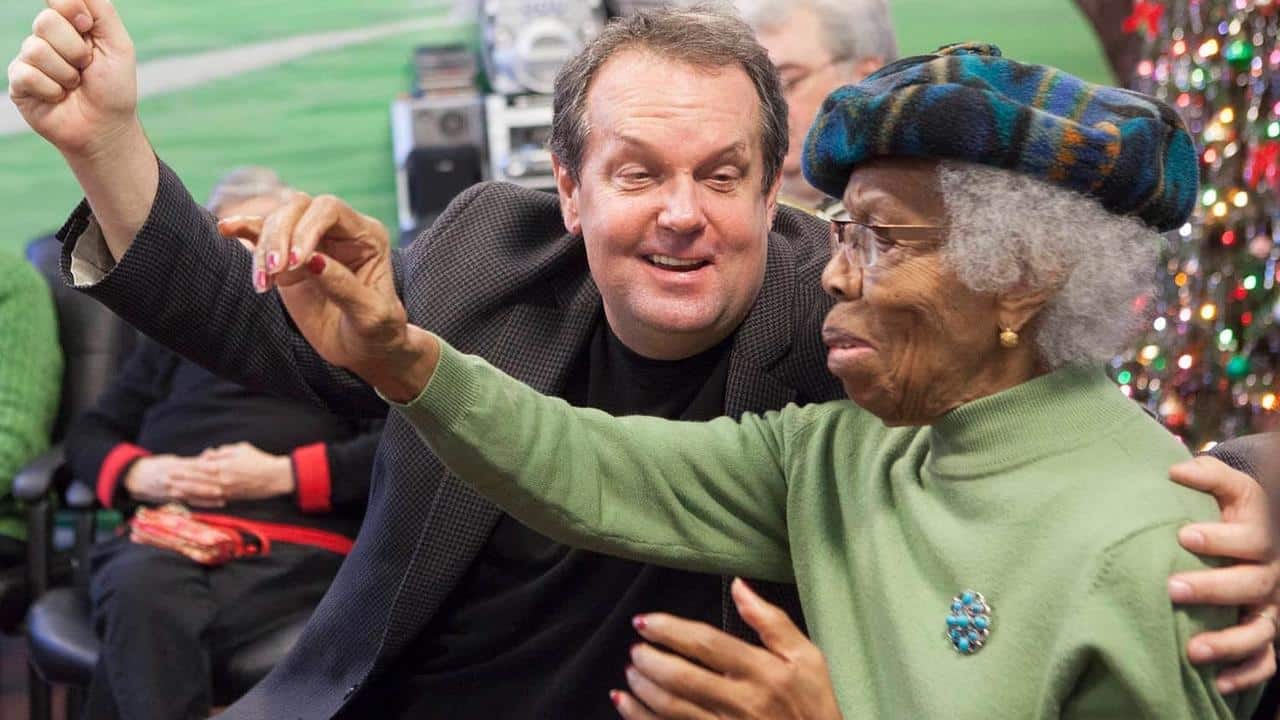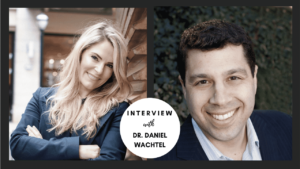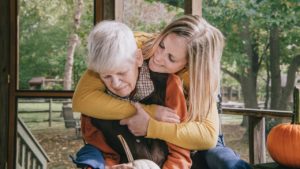In my work with people caring for loved ones with dementia, I often hear comments like: “they’ve become a stranger to me” or “I don’t even recognize them anymore”.
Dementia is a devastating illness that often robs families of the opportunity to connect and experience joy. Because of this, it’s essential that we find a way to share connecting moments, enjoy one another, and see a little piece of the person eclipsed by the shadow of this devastating illness.
And, I have just the person to help us with this!
In this week’s episode, I interview Gary Glazner, the founder and Executive Director of the Alzheimer’s Poetry Project. In this interview, Gary generously shares with us strategies facilitating communication and connection with our loved ones with dementia and even shares about his own experience bringing poetry to his mom at the end of her life.
Here’s a sneak peek at what you’ll learn from my interview with Gary Glazner:
- [04:06] Gary talks about using poetry with his mom in her final month of life. The good, the bad, and the hummingbird feeder.
- [06:45] Relationships with our aging parents are not always easy. Gary opens up about his relationship with his mom.
- [08:00] Gary shares the first of four techniques for using poetry, Call and Response
- [10:41] There are many challenges that come with caregiving. Gary describes how the use of poetry help to foster joy and emotional connection.
- [10:35] Gary describes three dementia arts groups (links below)
- [12:04] Gary shares why the technique of call and response is so powerful to people living with dementia.
- [15:21] Researchers are looking at what happens to the brain and the physiological benefits when reciting poetry and using call and response.
- [13:14] Gary gives tips for how to use poetic techniques one on one.
- [19:00] The second technique is to have discussions around the poem and the use of props as the third technique
- [23:15] The fourth technique, to create a poem with your loved one, is shared.
- [26:10] Using poetry helps caregivers to slow down (for even 5 minutes) to connect in a deep way with your loved one.
- [28:01] Gary reveals what he’s learned about people living with dementia over the past 20 years.
- [34:37] But wait! There’s more! Gary shares a poem that he wrote about his parents’ experience migrating west from Oklahoma (there’s even a harmonica)
In this episode, Gary gives real life and tactical examples of how you can use these strategies in a group or one-on-one. If you’re caring for an aging parent with dementia, or simply value human connection, this is a must watch episode!
About Gary Glazner and The Alzheimer’s Poetry Project
Gary Glazner is the founder and Executive Director of the Alzheimer’s Poetry Project. The Alzheimer’s Poetry Project was the recipient of the 2013 Innovations in Alzheimer’s Disease Caregiving Legacy Award and the 2012 MetLife Foundation Creativity and Aging in America Leadership Award. The National Endowment for the Arts listed the Alzheimer’s Poetry Project as a “best practice.” NBC’ “Today” show, the PBS News Hour and NPR’s “All Things Considered” have featured segments on Gary Glazner’s work. Gary Glazner is the author of Dementia Arts: Celebrating Creativity in Elder Care. In 2014, Glazner began working in the Arts and Corrections field with his Poetry and Improv program, at the Unit for the Cognitively Impaired, at Fishkill Correctional Facility in upstate New York. In 2016, Glazner designed and co-taught “Creativity in Elder Care,” for the University of Arizona Medical School. In 2016, with support from the National Endowment for the Arts, Gary launched “Poetry for Life,” an intergenerational program that brings students of all ages together with people living with memory loss to perform and create poetry. The Alzheimer’s Poetry Project has provided programming in 32 states and internationally in Australia, Canada, England, Germany, Poland and South Korea.
Learn more about Gary Glazner and the Alzheimer’s Poetry Project!
- Watch Gary’s moving keynote on his website: www.alzpoetry.com
- Join Gary on the Alzheimer’s Poetry Project Facebook page
- Watch more videos on using poetry and art to help facilitate communication with people living with dementia at the Alzheimer’s Poetry Project YouTube Channel
Here are some of the dementia arts groups that Gary mentioned:
- Time Slips- storytelling with older adults and adults with dementia: timeslips.org
- Kairos Alive- dance and movement across the lifespan: kairosalive.org
- Songwriting Works: songwritingworks.org








